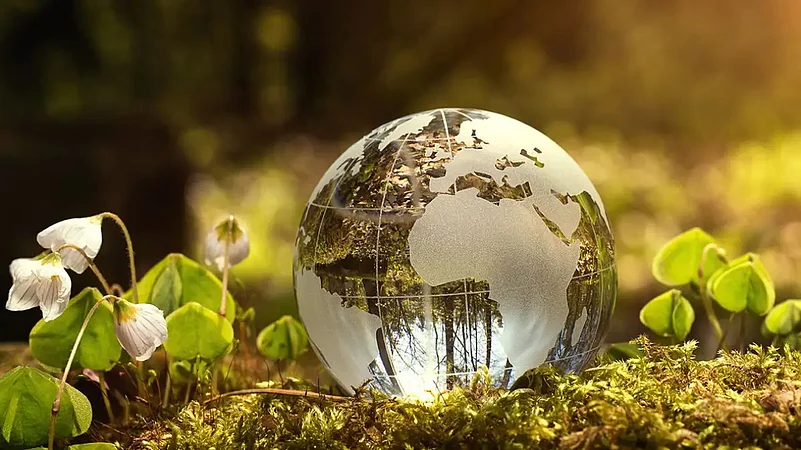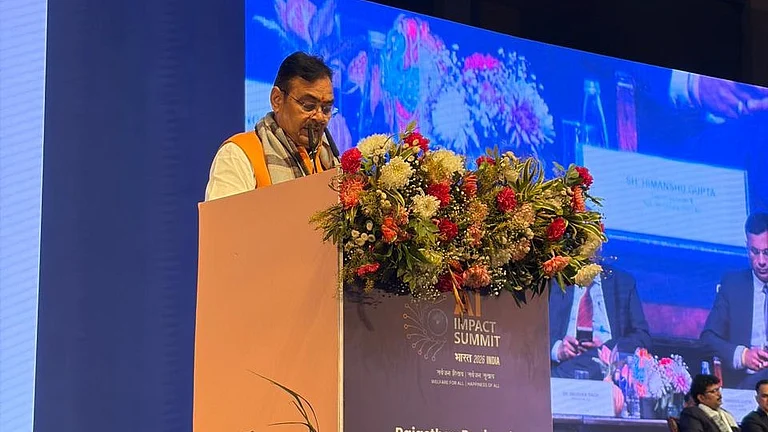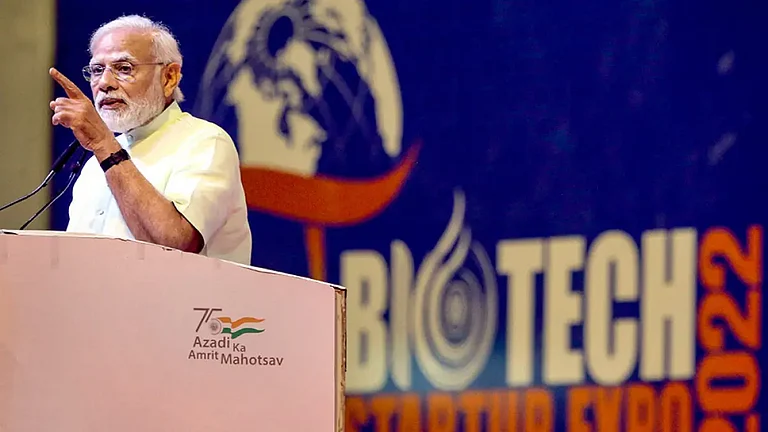The recently concluded COP28 Climate Summit, where 118 Governments united, pronounced by the release of the Emissions Gap Report by the United Nations Environment Programme (UNEP), serves as a stark reminder of the urgent need for intensified climate action. The report's findings indicate that the current trajectory of global temperature rise, projected at 2.5-2.9 degrees Celsius, could lead to severe consequences, including a surge in frequent extreme weather events throughout this century.
In the wake of the summit, the global community now faces the reality of the pressing requirement to take swift and targeted steps toward building a decarbonized future, thereby averting the impending climate catastrophe. As we chart the course forward, mastering the delicate balance between consumption and conservation becomes of greatest importance.
The Summit's overarching theme, 'Global Stocktake,' signals a crucial shift towards evaluating each country's climate actions compared to their promises. India stands out as one of the nations making commendable strides toward achieving its Nationally Determined Contribution (NDC) targets, with a firm commitment to limiting global warming to the crucial threshold of 1.5 degrees Celsius. Prime Minister Narendra Modi, in his summit address, emphasized India's noteworthy example on the global stage, showcasing the country's ability to harmonize developmental progress with environmental conservation.

Boosting efficiency through digitization
In India, the integration of digitization and advanced technologies holds promise for reinforcing efficiency across various sectors. There is great potential for digitalization in harnessing data-gathering technologies, such as sensors and smart meters, coupled with the analytical prowess of artificial intelligence (AI). These tools enable precise monitoring and optimization of energy consumption, creating flexible loads that support energy integration while minimizing waste. From predicting solar panel energy generation to implementing AI-powered energy management systems, digitization offers a multifaceted approach to enhance efficiency across the value chain. ML algorithms can also identify anomalies and inefficiencies in energy usage, allowing for targeted interventions and energy-saving measures. Digital technologies are vital in enabling and accelerating the transition towards a more circular model.
How Electrification can steer the decarbonization revolution in India
For a sustainable and decarbonized future, electrification emerges as the anchor and the most effective sector for decarbonization, particularly in the transportation and building industries for transformative change in India. By transitioning towards a higher share of renewable energy in its power mix, India not only addresses the low-hanging fruit of the transport sector but also tackles the significant challenge posed by the building sector. Together, these two sectors contribute to a sizable percentage of CO2 emissions. The indispensable role of electrification emphasizes that the decarbonization of the power sector is central to achieving substantial reductions in CO2 emissions by mid-century. Beyond emission reductions, electrification stands as an example for public health and equity, positioning itself as the cornerstone for a cleaner and more sustainable energy landscape. Electrification emerges as the best and most promising sector for India's ambitious journey towards comprehensive decarbonization.
Upgrading grid infrastructure for faster energy transition
A primary concern at the COP28 Climate Summit was the alarming rise in carbon emissions globally. The deployment of Grids of the Future emerged as a direct antidote to curbing power losses and energy consumption, crucial for reduced carbon footprints. Microgrids, which serve as a solution to decarbonize industries with substantial emissions, underscore the urgency for immediate action. The upgradation of grid infrastructure can significantly expedite the energy transition by integrating smart grid, microgrid, and distributed energy resources (DERs) technologies. Smart grid advancements enhance grid flexibility and efficiency through real-time monitoring, demand response, and seamless integration of renewable sources. Microgrid implementation provides localized energy independence and resilience, enabling smoother integration of DERs such as solar and energy storage. These technologies collectively enable faster adoption of renewable energy, reduce transmission losses, and support decentralized energy generation and consumption.
Convergence of energy independence and decarbonisation
India's rapid industrialization and economic development project a substantial increase in electricity demand across sectors. While the escalating capacity of solar and wind energy installations paints an optimistic picture, a cautious approach ensures long-term sustainability. The domestic push on Green Hydrogen, electric mobility, and digitalized infrastructure for energy management, including the revolutionary concept of Electricity 4.0, presents an avenue to build a resilient economy. Simultaneously, cutting import costs, these initiatives seamlessly marry the agendas of decarbonization and energy security. Prime Minister Narendra Modi's introduction of the ‘green credit’ initiative adds momentum, fostering environmentally friendly practices deeply rooted in tradition and conservation, incorporating the 'Life' concept.
The coming decade
The persistent gap between commitments and actions, as highlighted by UNEP reports, underlines the need for nations to move beyond rhetoric and translate promises into tangible results. And with meticulously targeted policies and the momentum catalyzed by the COP28 summit, India stands tall to emerge as a promising leader in the evolving energy landscape. Today’s decisions carry substantial global implications, especially in the face of climate change. Despite formidable challenges, the ensuing decade presents India with a unique opportunity to forge a new economic trajectory, minimizing reliance on fossil fuels. Embracing digitization and electrification, India has the chance to shape a delicate equilibrium between development and environmental stewardship that must be navigated conscientiously to forge a sustainable path forward.
(The article is written by Mr. Venkat Garimella, VP - Sustainability, Greater India Zone, Schneider Electric)
(The opinions presented belong solely to the author)



























